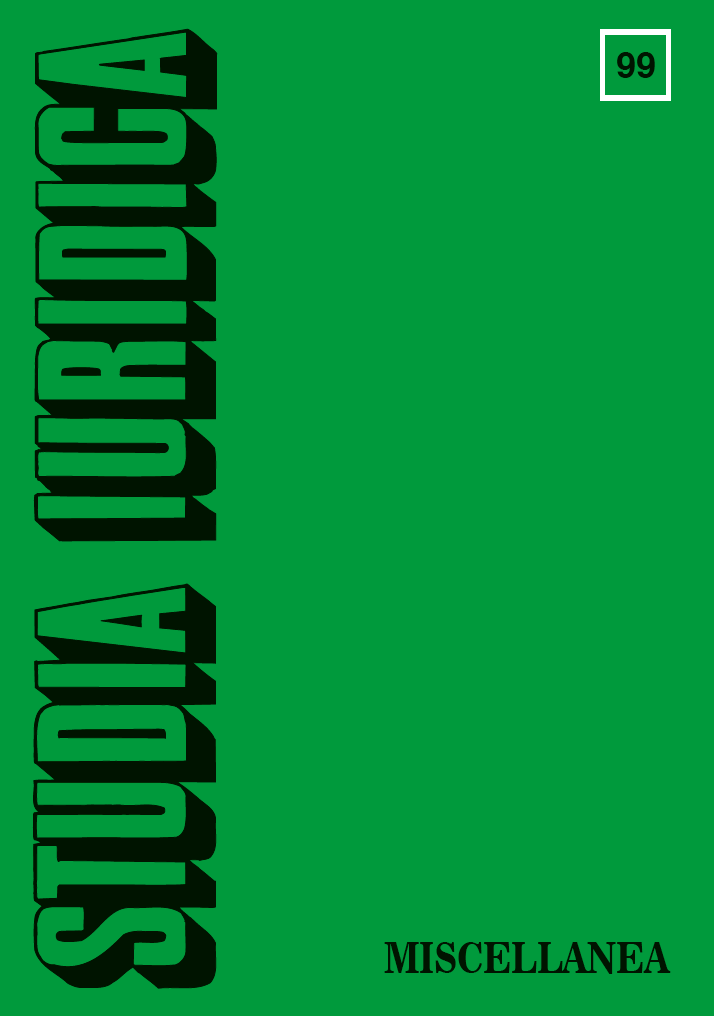SELECTED LEGAL CONCEPTS IN HISTORICAL-LINGUISTIC ANALYSIS JURISLINGUISTICS AND THE METHODOLOGY OF DIACHRONIC LINGUISTICS
SELECTED LEGAL CONCEPTS IN HISTORICAL-LINGUISTIC ANALYSIS JURISLINGUISTICS AND THE METHODOLOGY OF DIACHRONIC LINGUISTICS
Author(s): Radosław PawelecSubject(s): Theoretical Linguistics, Applied Linguistics, Historical Linguistics
Published by: Wydawnictwa Uniwersytetu Warszawskiego
Keywords: jurislinguistics; history of language; history of concepts; bankruptcy and its synonyms; methodology of linguistics and law studies
Summary/Abstract: The legal lexicon covering the lexical field of words related to the financial collapse of a company in Polish has changed significantly over the years. The most important word today, upadłość (from the verb upadać, Eng. to fall/fail) used to have a general meaning, while 200 years ago, the two words used in this sense were bankructwo (from Italian) and konkurs (from Latin). This latter word is also mentioned in sources from 100 years ago, when it occurred alongside a new word plajta (from German), referring to a specific, premeditated type of bankruptcy. In the following decades of the 20th century, the word upadłość became a specialist term, in contrast to bankructwo, which took on a general meaning, while konkurs fell out of use and plajta began to refer to fields other than economics. The presented analysis, which uses the method of lexical paradigmatic fields, is one of the historical-linguistic tools that can be used in jurislinguistics. Also other methods and concepts, e.g. syntagmatic fields, grammatical analyses, the use of utterance frame or modal frame offer many possibilities to conduct cognitively valuable diachronic analyses of legal language.
Journal: Studia Iuridica
- Issue Year: 2023
- Issue No: 99
- Page Range: 577-590
- Page Count: 14
- Language: English

